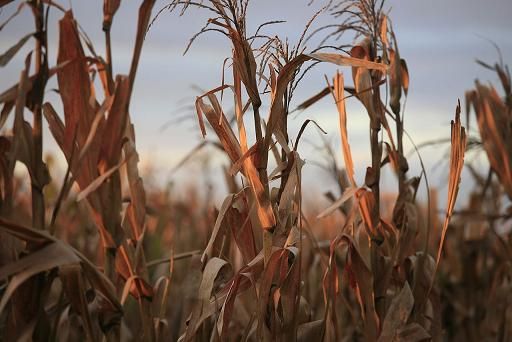US launches first commercial-scale biofuels plant
America’s first commercial-scale biofuels plant opened on Wednesday and could soon be producing 76 million litres of fuel annually from corn waste

America’s first commercial-scale biofuels plant opened on Wednesday and could soon be producing 76 million litres of fuel annually from corn waste.
The biorefinery in Emmetsburg, Iowa, known as Project Liberty, has been developed after the project received a US$105 million loan guarantee from the US Department of Energy (DoE) in 2011.
It is a joint venture between Poet and DSM and has and at full capacity it will be able to convert 770 tonnes of baled corn cobs, leaves, husk and stalk from local farms into cellulosic ethanol.
There are concerns among some environmental groups and NGOs that using food or energy crops for fuel can push up the price of food and, in developing countries, result in rainforest clearance.
The US has a smaller scale plant in operation at Vero Beach, Florida, which converts vegetative, garden, and municipal solid waste in 30 million litres of fuel a year.
The Beta Renewables plant in Crescentino, Italy was completed last year and is Europe’s only large-scale plant. It is set to produce 75 million litres of fuel a year from straw and arundo donax, a high-yielding energy crop grown on marginal land.
Jeff Broin, Poet founder and executive chairman, expects the opening of Project Liberty in the US to act as a catalyst and help the industry become a viable, commercially attractive alternative to fossil fuels.
Broin said: "Some have called cellulosic ethanol a 'fantasy fuel,' but today it becomes a reality. With access now to new sources for energy, Project Liberty can be the first step in transforming our economy, our environment and our national security."
Estimates suggest that the project will result in around 210,000 tones of CO2 emissions will be avoided per year and it could generate up to US$250 million by 2020 through selling the fuel and licensing the technology.
